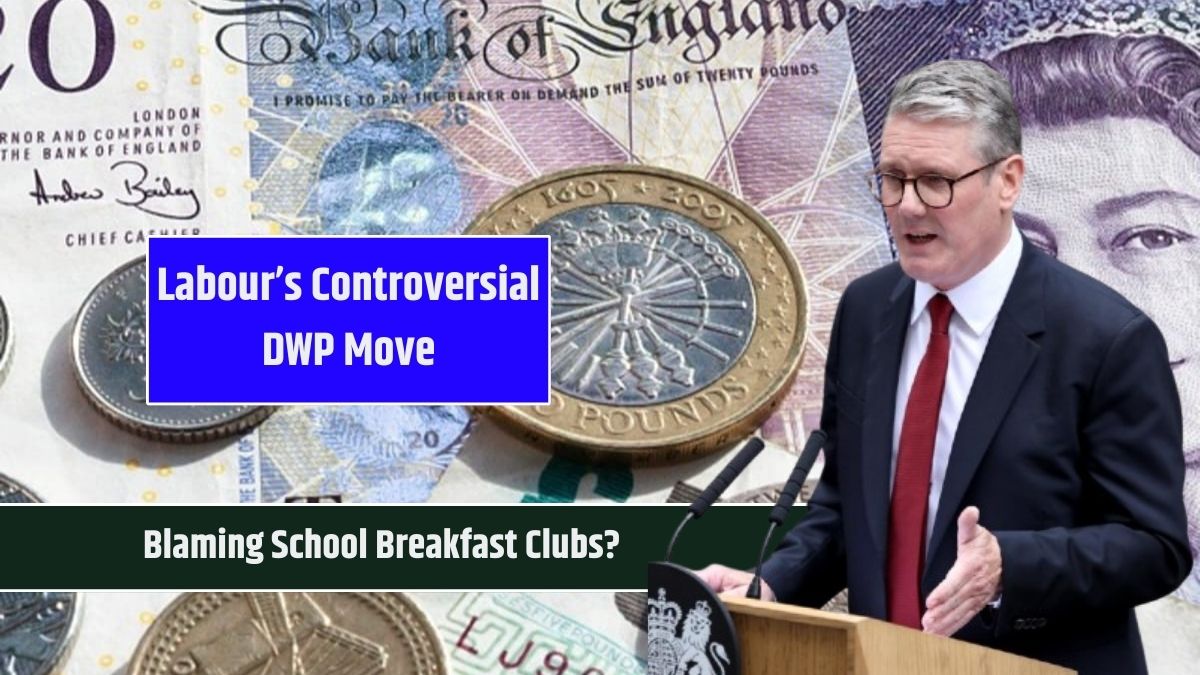Critics warn that England’s school breakfast clubs might be wielded as a justification for retaining the controversial two-child benefits cap under the Labour Party government. Ministers seem to have dismissed the £3 billion annual cost needed to abolish the cap, despite growing calls to end it.
Education Secretary Bridget Phillipson unveiled the first 750 schools joining a pilot for breakfast clubs, spotlighting that 67,000 of the 180,000 benefiting pupils hail from England’s most deprived areas. The Department for Education touted the clubs as a vital step in Labour’s pledge to “erase the blight of child poverty.” Yet, some Labour MPs see this focus as a deliberate move to cushion the blow of keeping the two-child cap intact.
A Labour insider remarked, “We need to lay the groundwork and admit that, given our financial constraints, scrapping the cap isn’t feasible right now. Instead, we’ll highlight other efforts to tackle child poverty.” Paul Whiteman, head of the NAHT school leaders’ union, welcomed the pilot but cautioned that funding doubts persist: “Some school leaders already fear the money won’t cover the costs of running it.”
Pressure is mounting on Labour to ditch the policy, a major driver of poverty in larger families. Last year, the party suspended seven MPs who supported a king’s speech amendment to abolish it. Official figures reveal 1.6 million children—one in nine across the UK—were impacted in 2023, up by 100,000, with 59% of the 450,000 affected households having at least one working parent.
Introduced in April 2017, the two-child cap blocks Universal Credit support for any third or subsequent child, costing families £3,455 annually per affected child. This has plunged many into hunger and financial strain.
FAQ’s
Why are school breakfast clubs linked to the two-child benefits cap?
Critics warn that Labour’s rollout of school breakfast clubs might be used to justify keeping the two-child benefits cap, as ministers appear unwilling to spend the £3 billion a year needed to scrap it, despite its role in child poverty.
What are the new breakfast clubs?
Education Secretary Bridget Phillipson announced a pilot with 750 schools offering breakfast clubs, benefiting 180,000 pupils. Of these, 67,000 are from England’s most deprived areas, with the initiative pitched as a way to combat child poverty.
How does this relate to Labour’s child poverty plans?
The Department for Education says breakfast clubs are key to Labour’s goal of erasing child poverty. However, some Labour MPs see this as a sign the party is preparing to argue that the two-child cap must stay due to financial constraints.
What’s the concern within Labour about the cap?
A Labour source admitted the party is setting the stage to say scrapping the cap isn’t realistic now, focusing instead on alternative measures like breakfast clubs to ease child poverty, given tight finances.
What is the two-child benefits cap?
Introduced in 2017, the cap stops Universal Credit support for any third or subsequent child, costing families £3,455 per affected child annually. It hit 1.6 million children in 2023—one in nine UK kids—up 100,000 from the prior year.
Why is there pressure to abolish it?
The cap drives poverty in larger families, with 59% of the 450,000 affected households having a working parent. Labour faced backlash after suspending seven MPs last year for supporting its removal, and critics say it causes hunger and hardship.
Are there concerns about the breakfast club scheme?
Paul Whiteman of the NAHT union praised the pilot but flagged funding worries, with some school leaders fearing the allocated money won’t cover the costs of delivering the clubs.
